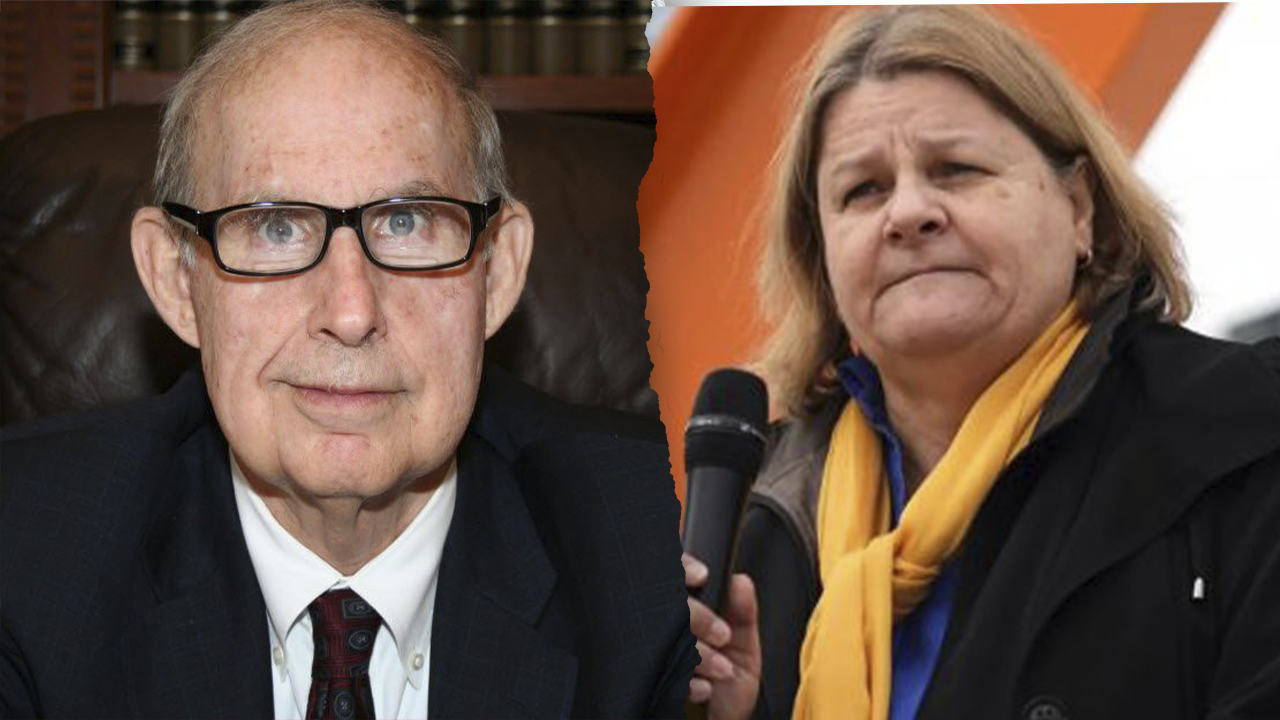Milwaukee judge’s ICE case assigned to federal judge with controversial past

The Milwaukee judge accused of helping an illegal immigrant evade Immigration and Customs Enforcement is back in the spotlight — this time because of the liberal federal judge presiding over her trial.
U.S. District Judge Lynn Adelman, 85, was randomly assigned to preside over the jury trial of Milwaukee County Circuit Judge Hannah Dugan, who was indicted earlier this month for allegedly shielding an illegal immigrant from ICE in her courtroom. Adelman, a former Democratic lawmaker and outspoken judge, faces mounting criticism and scrutiny of his record as he handles the high-profile case.
Adelman spent 20 years as a Democrat in the Wisconsin state Senate before then-President Bill Clinton nominated him in 1997 to serve on the U.S. District Court for the Eastern District of Wisconsin. Though the judge hasn’t been active in politics for years, critics note recent rulings and writings in which he’s taken aim at President Donald Trump, Chief Justice Roberts, and others.
In 2020, Adelman published an article for Harvard Law & Policy Review, titled, “The Roberts Court’s Assault on Democracy” that set off a torrent of criticism from Trump allies and court commentators alike. The article accused Chief Justice John Roberts of breaking with his Senate confirmation testimony in 2005, as well as taking aim at Trump, whose temperament he said “is that of an autocrat.” Adelman used the article to advocate for “righting the ship” of the high court, in part by embracing an approach similar to the Warren Court.
Adelman was later admonished by the Civility Committee for the Seventh Circuit Court of Appeals for his remarks in the article, which they found could be seen as inconsistent with a judge’s duty to promote public confidence in the integrity and impartiality of the judiciary. Adelman later issued a public apology for those remarks.
Adelman was also at the center of a major case involving Wisconsin’s voter ID law, which sought to make it harder for citizens to vote. He blocked the law from taking force ahead of the elections — a decision that was later reversed by the U.S. Seventh Circuit Court of Appeals, which issued a sharp rebuke of his ruling.
In light of his previous remarks and progressive rulings, court-watchers expect his behavior in Dugan’s trial to be closely scrutinized. It’s unclear whether his behavior could assuage the concerns of longtime critics, among them, Mike Davis of the Article III Project, and conservative scholar Josh Blackman.
Dugan’s trial comes at a time when Trump and his allies have blasted so-called “activist” judges who they see as acting politically to block his agenda, suggesting her trial, and Adelman’s behavior, will be under especially close scrutiny. Federal judges often take great caution to avoid the appearance of political bias, understanding that doing so could violate the canons for judicial behavior.
In presiding over Dugan’s case, experts hope Adelman will remain impartial and ensure justice is served. Federal judges are expected to speak through opinions in court decisions rather than in editorials or law review articles, and Adelman must follow these principles to maintain public confidence in the judiciary.




